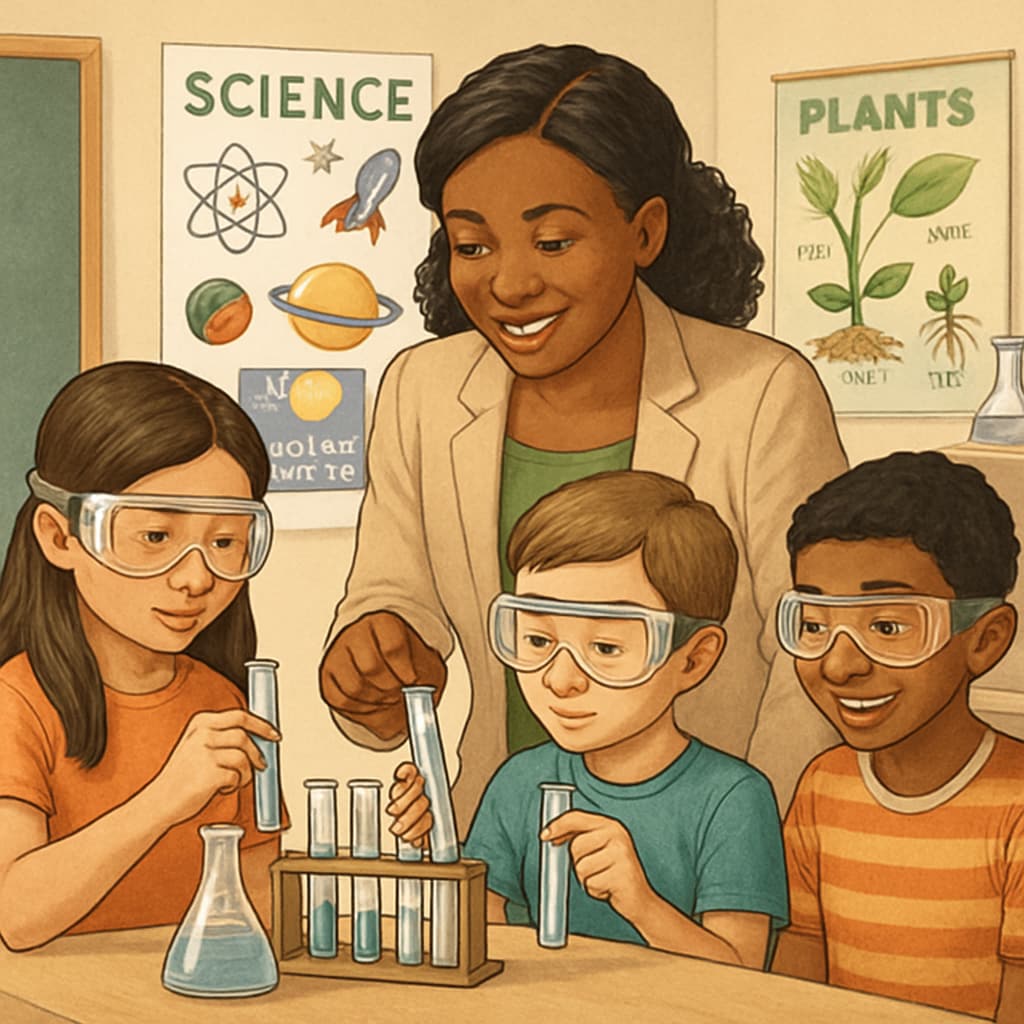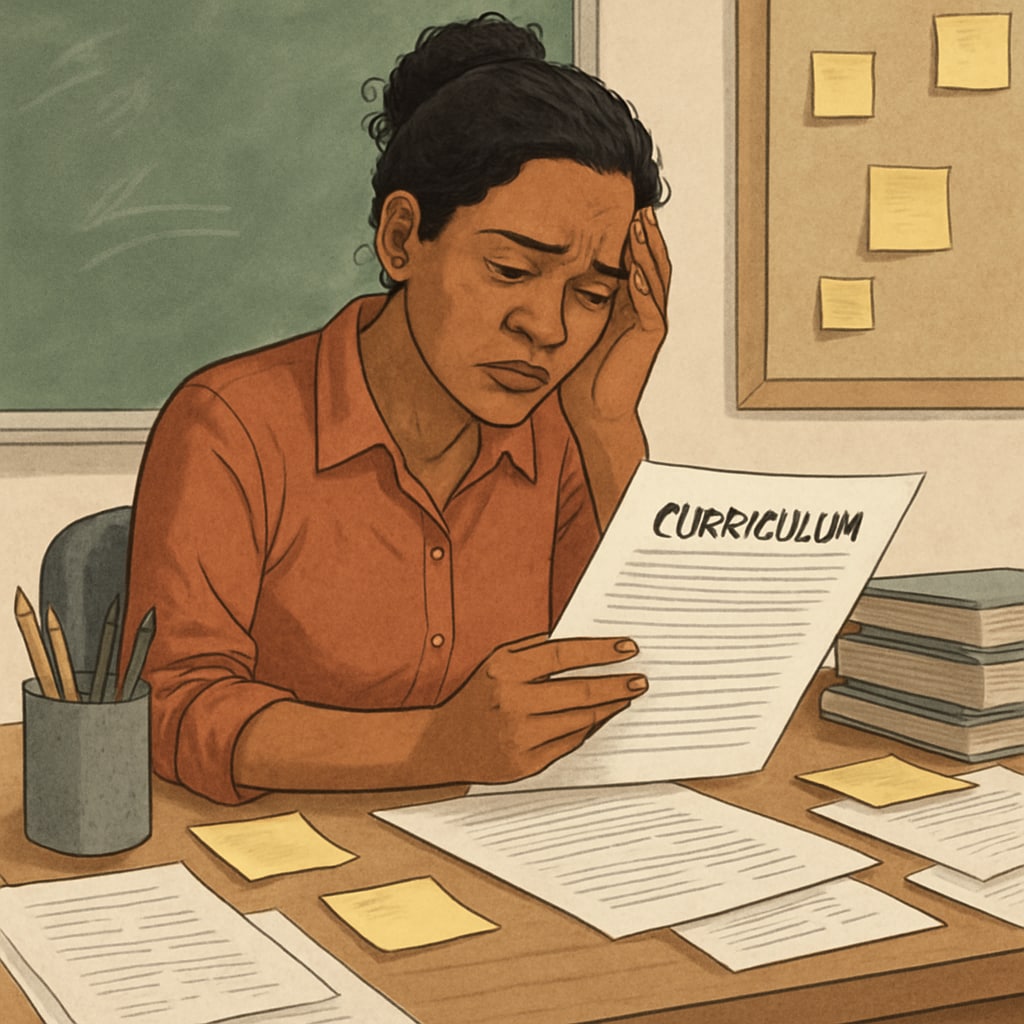The collision between academic supervisor expectations and teacher experiences often creates irreconcilable educational philosophy conflicts, as demonstrated by Ms. Johnson’s story at Douglass Academy. This veteran educator found profound purpose teaching STEM to underserved Black students, until a leadership change disrupted her hard-won classroom ecosystem.

The Broken Pipeline of School Leadership
Research from the Wallace Foundation shows 40% of principals leave within three years, often replaced by underprepared candidates. Ms. Johnson’s new supervisor came from corporate HR with:
- No classroom teaching experience
- Standardized testing obsession
- Disregard for culturally responsive pedagogy
“He treated lesson plans like quarterly reports,” she recalls, highlighting the educational philosophy divide.
Pedagogical Values vs. Administrative Mandates
According to ASCD, effective academic supervision requires understanding instructional methods. The supervisor’s initiatives included:
- Replacing project-based learning with test prep modules
- Penalizing teachers for “excessive” student questions
- Mandating scripted curricula from corporate vendors

Ms. Johnson’s award-winning robotics program became collateral damage in this educational philosophy war.
Systemic Solutions for Sustainable Change
The National Association of Secondary School Principals recommends:
- 360-degree evaluations for administrators
- Required classroom teaching experience
- Joint professional development for teachers and leaders
As Ms. Johnson notes, “When academic supervisors and teachers align on educational philosophy, students win.” Her eventual transfer to a teacher-powered school proves teacher experiences shape outcomes.


